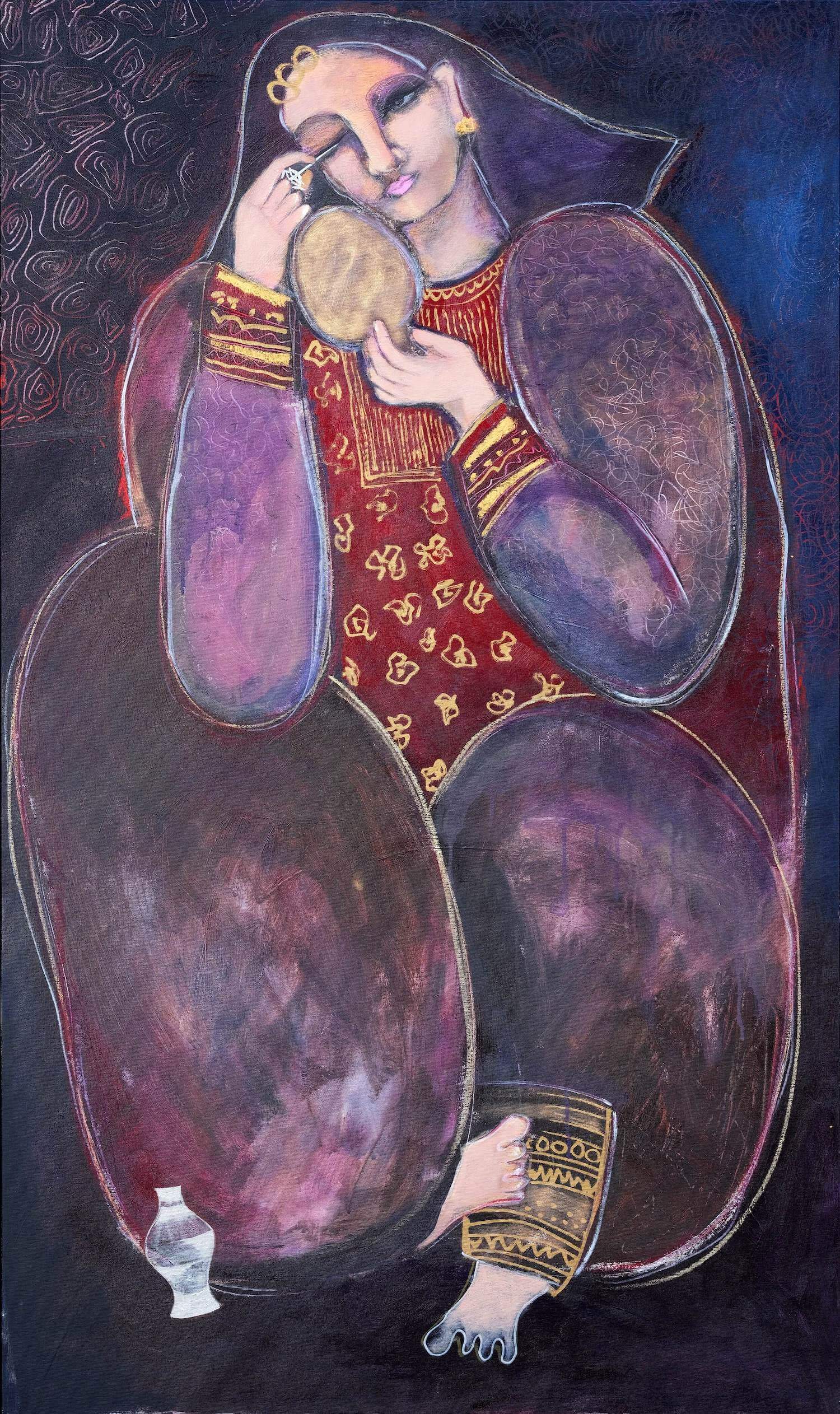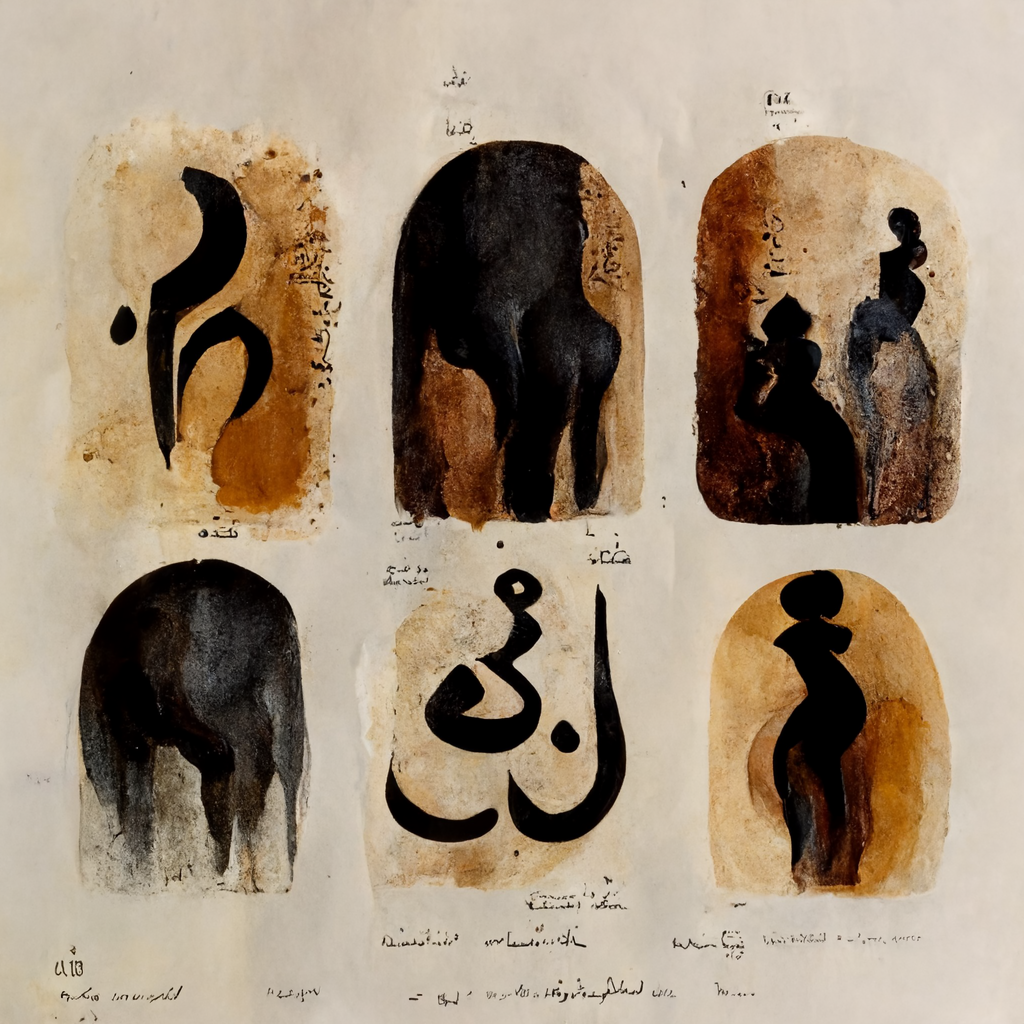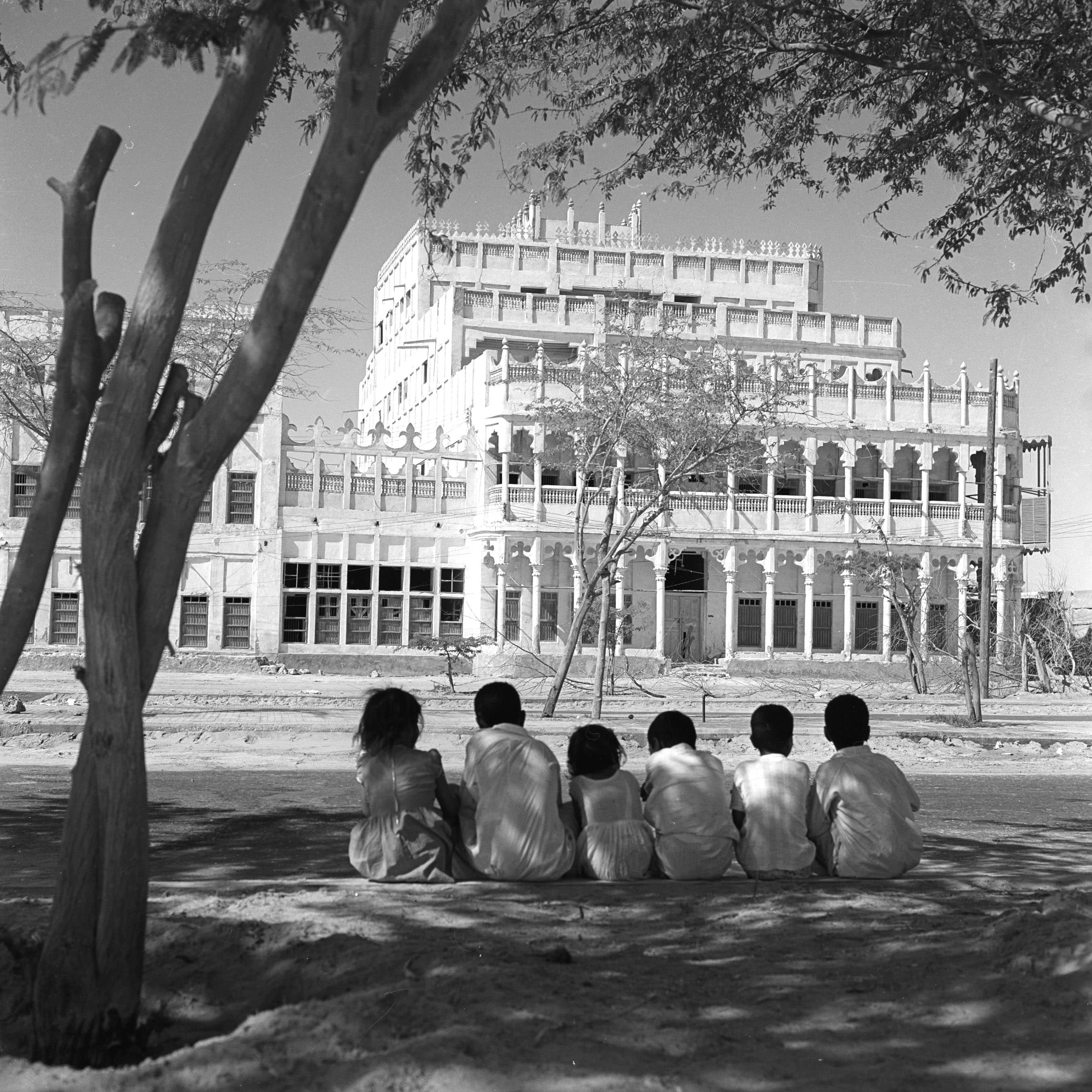Our Cities, Our Stories - The Al Khobar story
Mohammad bin Rashid Al Amour Al-Dossary, founder of Al-Khobar.
Written by the granddaughter of the founder of the city of Khobar:
Widian Mohammed Rashid Mohammed Rashid Al Amour Al-Dossary.
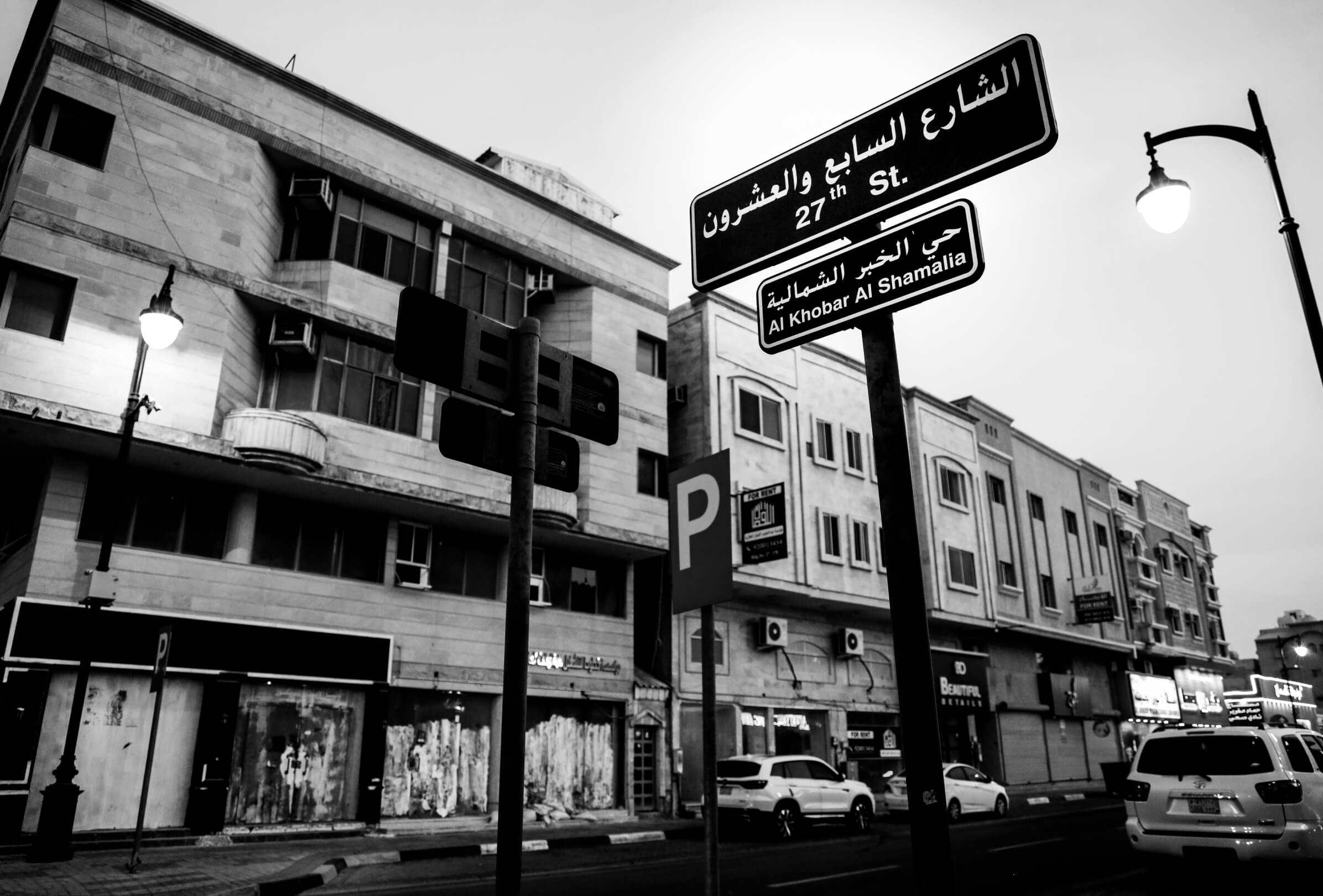
Al Khobar Al Shamalia, 2020, by Bayan Al-Sadiq.
The friendly and receptive society is what the beautiful city of Khobar was and still is famous for. The origin of its name, Khobar, is the brook in which rainwater gathers , and it was said that the word Khobar also denotes the Sidr and Arak trees that abound on its coast. Others think that the name of Khobar means “know the truth of the matter and be aware of it,” as it is usually said: “Didn’t you hear the akhbar (news)?”
The reason for my love of Khobar, and for choosing to write this article, is not only because it is the city in which I grew up, but also because it is the city that was founded by my grandfather, Mohammad bin Rashid Al Amour Al-Dossary (may God have mercy on him) This was when the Dawasir fled from Najd to Bahrain, after they settled and lived on the eastern coast of the Gulf, and after they became one of the marine tribes working in pearling and agriculture in the Al Bidaa region in Bahrain. It became a city full of them and their commercial and maritime activities, and they were able to establish a prosperous society in it, which was later known as “Al Bida’yah” or “Al-Badi’”.
And because most of their marine work was pearling, they owned many boats, many of them were captains, and they excelled in diving work. As for their agricultural work, most of it was in palm farms that they owned in Al Bid’. This activity affected the prosperity of economic life in Bahrain, so they gained many privileges. They were given land and were exempted from taxes, but then the British came..
With the English colonization of Bahrain at the time, followed by the extreme, systematic reforms and uprisings that happened in 1919-1922, the Dawasir decided to leave and settle in what would become Khobar. , This was mentioned to me by Uncle Ibrahim Khalid Al-Dossary, who is interested in documenting history, describing the story of their exodus from Bahrain, saying: “On a dark night on Friday, 27 of Thu Al Qi’dah 1340H (corresponding to July 22, 1922), Mohammad bin Rashid Al Amour Al-Dossary (may God have mercy on him) went out with his family, his brothers, his cousins, and some of the elderly members of Al Amour, because they were the least numerous of the Dawasir, which made them the lightest and fastest in moving. So they migrated from Bahrain to Khobar, then the rest of the Al-Dossary tribe followed them at intervals, laying the foundations of the city of Khobar.”
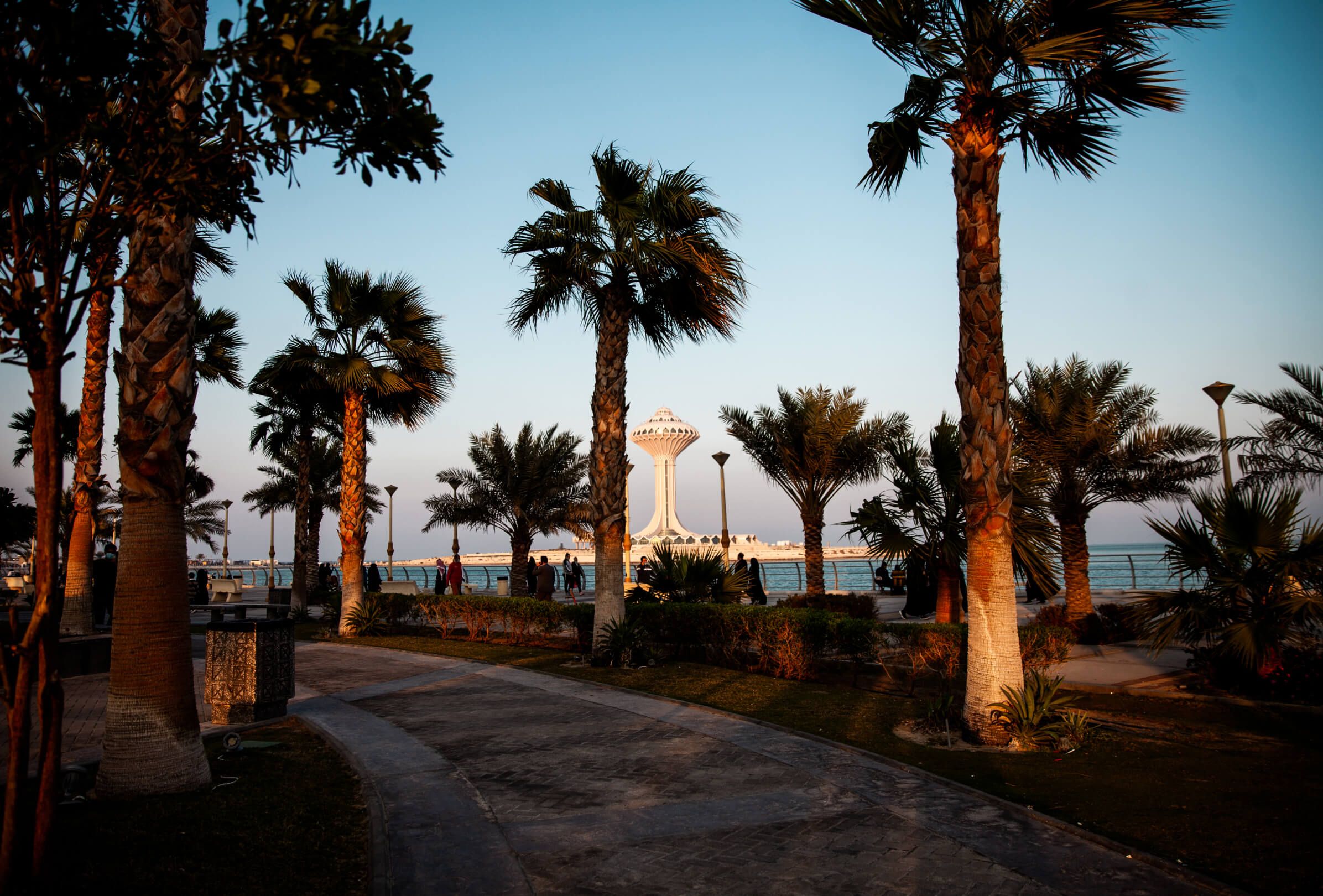
Khobar Corniche,2021, by Bayan Al-Sadiq.
He was characterized by generosity and munificence, as the doors of his council were always open to help people and the needy, and one of the advantages of this council was that it was a destination for those who wanted to find a job in Aramco.
The people of Khobar were famous for a certain type of folk music and dances, such as the marine chants and the Ardha, as an expression of pleasure and welcome to the leaders. In 1939, when King Abdul Aziz and his Crown Prince King Saud came to it, at the invitation of Sheikh Mohammed bin Rashid, they greeted His Majesty with the well-known chants of love and appreciation. It was the first arrival of King Abdulaziz to the Dhahran region to see the first shipment of oil.
My knowledge and interest in my city, my roots, my origins, and how Khobar was established, is an integral part of my identity. Knowledge increases respect for oneself, so my pride in my belonging represents a thread of connection between the past and the present. The story of the past represented to me that cooperation, interdependence and respect among people in making decisions, and that is one of the most important factors for the success of societies..
Khobar is now a vibrant and beautiful tourist and economic city in Saudi Arabia. It enjoys a picturesque location on the coast of the Arabian Gulf, and includes a number of long-lived neighborhoods, and boasts famous local landmarks, such as Prince Faisal Bin Fahd Street (Pepsi St), King Khalid Street, and Al Suwaiket Street.
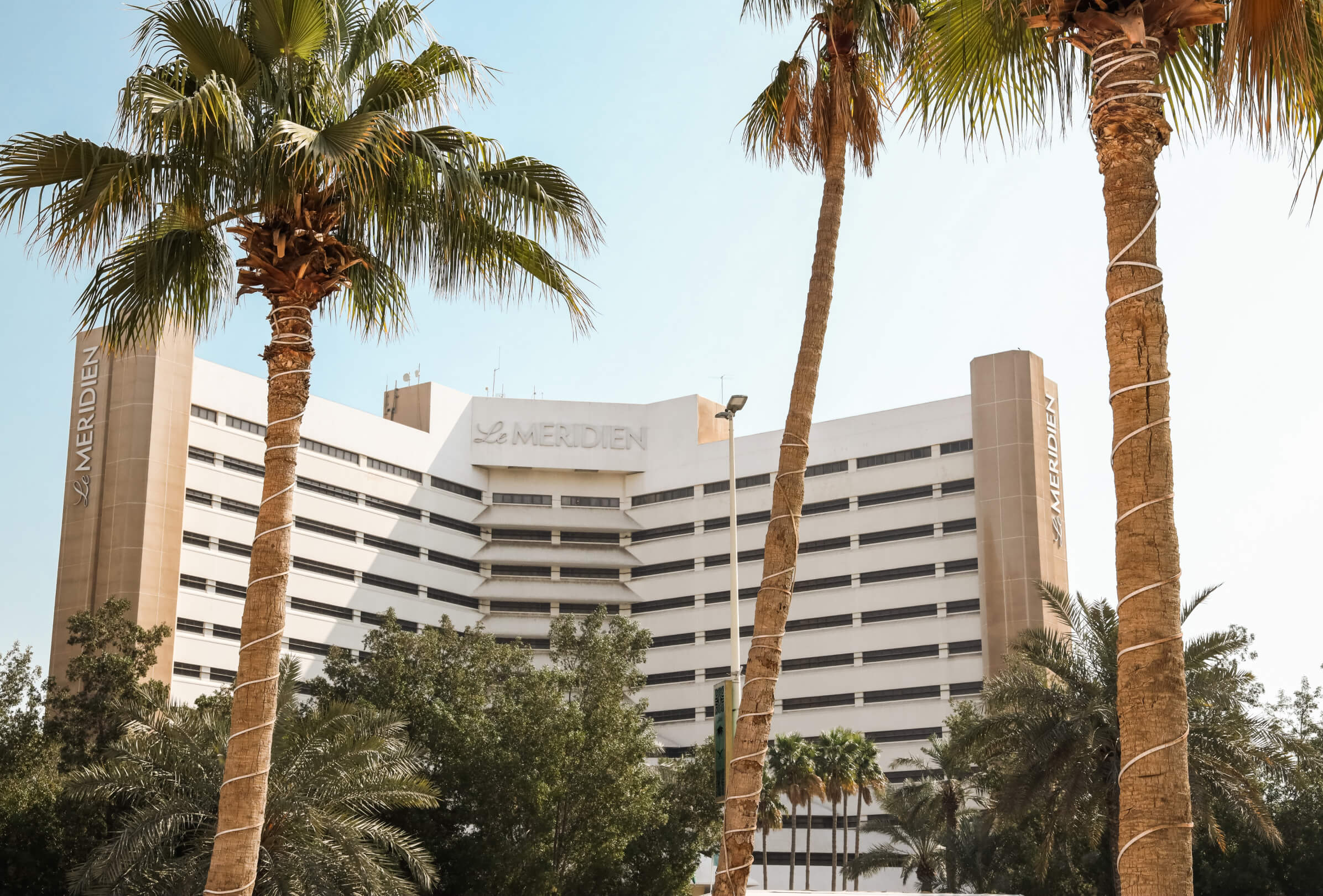
Khobar, 2020, by Bayan Al-Sadiq.
The discovery of oil in it contributed to its prosperity and the consolidation of the warmth, kindness and hospitality of the residents of the city of Khobar with those coming to it. With the presence of petroleum companies and other major companies, its demographics varied. Its growth and openness is now reinforced by the country’s Vision 2030 that highlights the development of cities and projects, which will open new areas for economic development and social and cultural diversification.
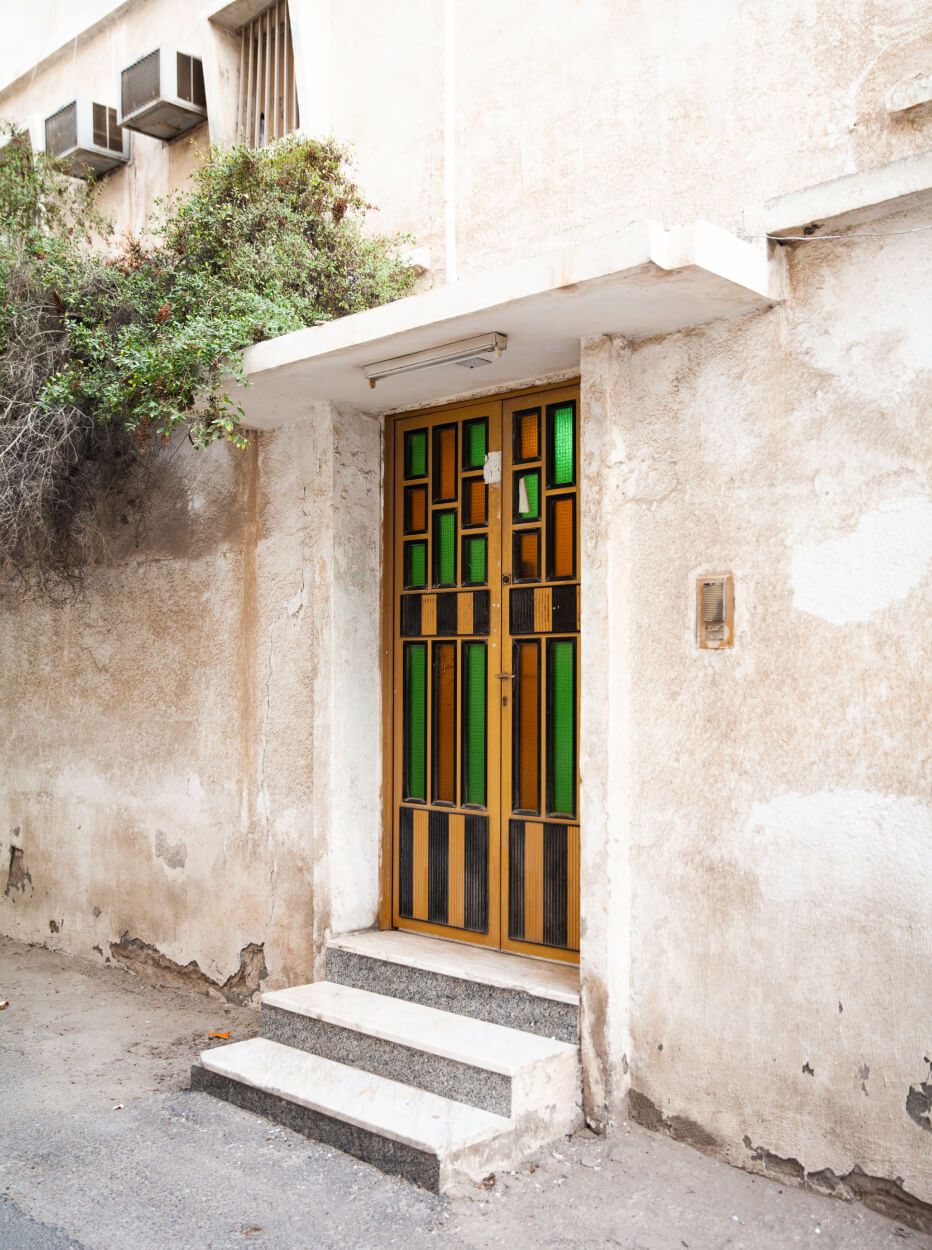
Al Khobar Al Shamalia, 2020, by Bayan Al-Sadiq.
It is a beautiful thriving city, full of renaissance and new projects, attracting visitors from all over the world. In addition to its advantages, it is close to the city of Dhahran, which is the main center of the oil industry in the Kingdom, the headquarters of Saudi Aramco; and close to Dammam, which is the capital of the Eastern Province.
It is my city, the city of Khobar, which combines the nobility of history with the richness and modernity of the present in an integrated fabric of harmony and beauty that fascinates its visitors and residents, and everyone who visits it wishes to live in it.
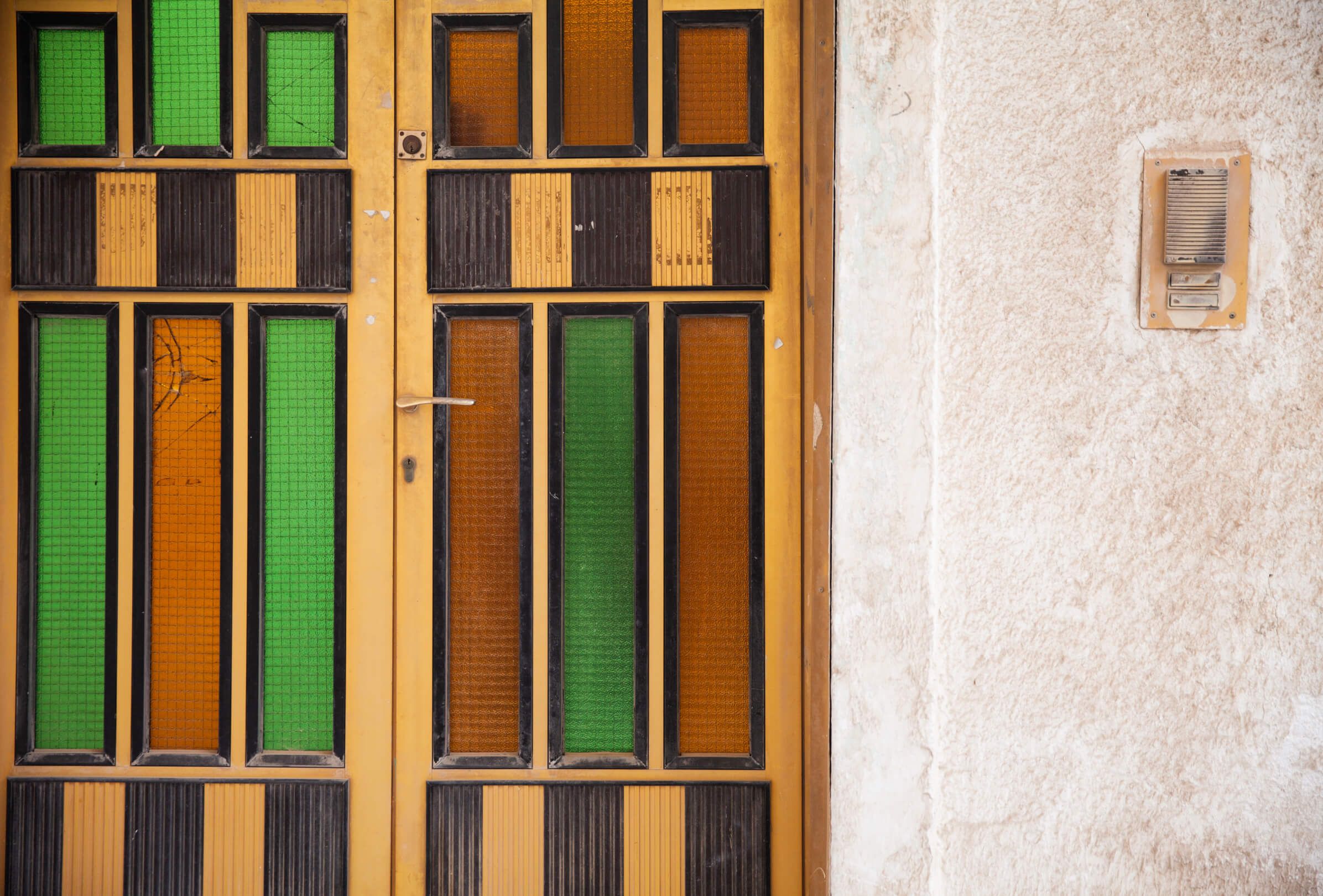
Al Khobar Al Shamalia, 2020, by Bayan Al-Sadiq.
